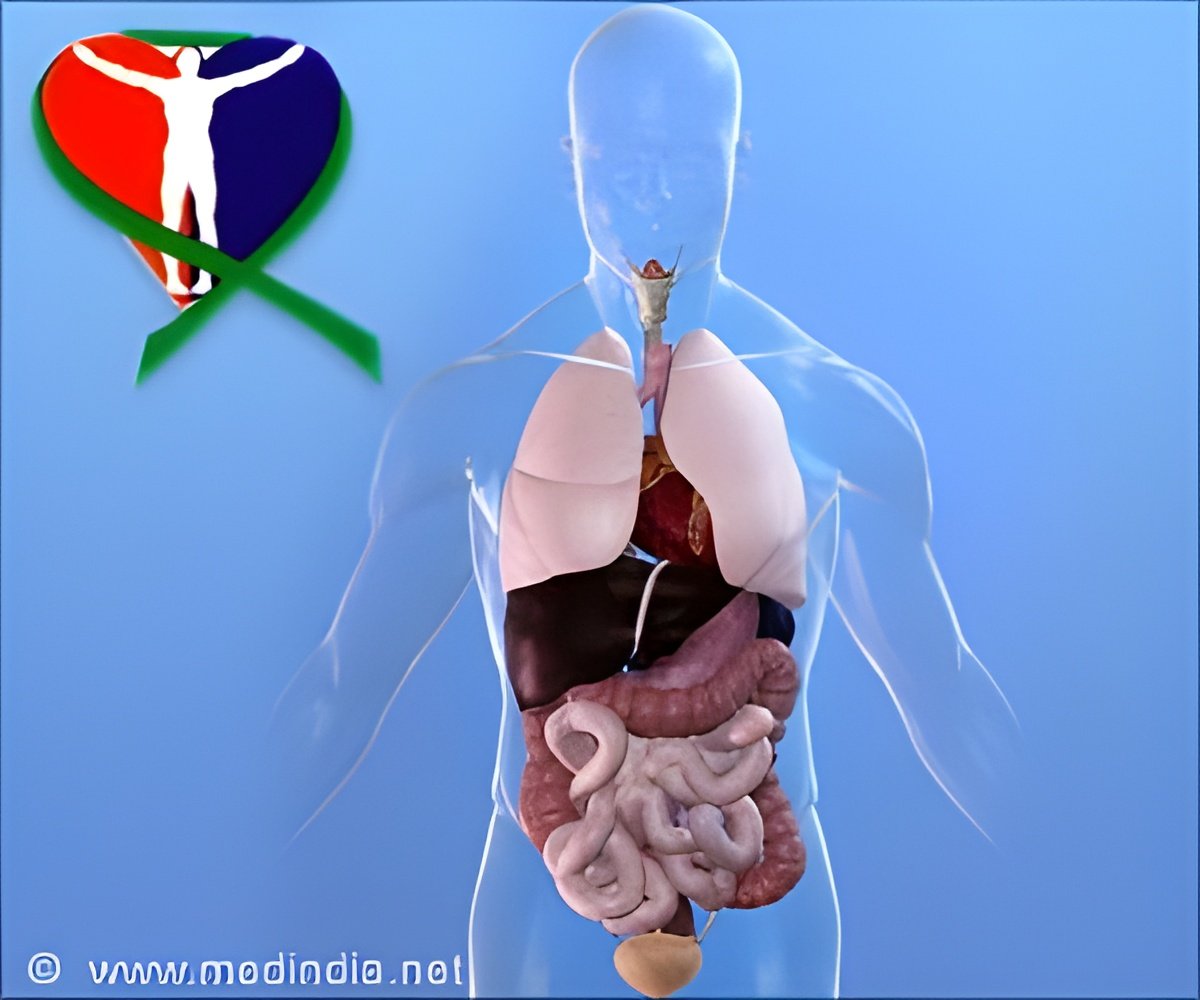Debate ensues over the potential expansion of organ exchange among unrelated donors in India, with experts discussing policy concerns and risks.

Living donation
Go to source). Reports indicate that the Centre is discussing the possibility of allowing organ exchange between unrelated individuals with non-profits and transplant surgeons. However, donations from distant relatives, in-laws, or long-time friends undergo additional scrutiny to prevent any financial exchanges.
‘Policy dilemmas emerge as experts debate expanding organ exchange beyond close relatives. #organdonation #ethics’





Experts Debate Opening Up Organ Exchange Among Unrelated Individuals
Dr. Sudeep Singh Sachdev, Director and Senior Consultant Nephrology at Narayana Hospital, Gurugram, emphasized that expanding organ exchange among unrelated individuals could enhance the donor pool in India, potentially benefiting countless patients awaiting transplants. Despite the medical concerns about organ rejection due to genetic differences, advancements in immunosuppressive therapies have improved the feasibility and success rates of transplants between unrelated donors.Dr. Bishnu Panigrahi, Group Head of Medical Strategy and Operations at Fortis Healthcare, echoed the sentiment, emphasizing the urgent need to address India’s low donation rates compared to other countries with robust transplant programs.
However, both experts stressed the importance of stringent regulatory measures to ensure ethical practices and prevent exploitation. They advocated for comprehensive pre-transplant evaluations and robust regulatory frameworks.
Dr. Arvinder Soin, Chairman and Chief Surgeon at Medanta Institute of Liver Transplantation, expressed skepticism about the necessity of altruistic organ donations in India. He warned of the potential exploitation of the poor by the wealthy and called for a focus on improving deceased donation rates through public awareness campaigns and mandatory declaration of brain death in all ICUs.
In conclusion, while the idea of expanding organ exchange among unrelated individuals may offer hope for addressing the organ shortage, it also raises complex ethical and regulatory challenges that must be carefully addressed.
Advertisement
- Living donation - (https://unos.org/transplant/living-donation/)








